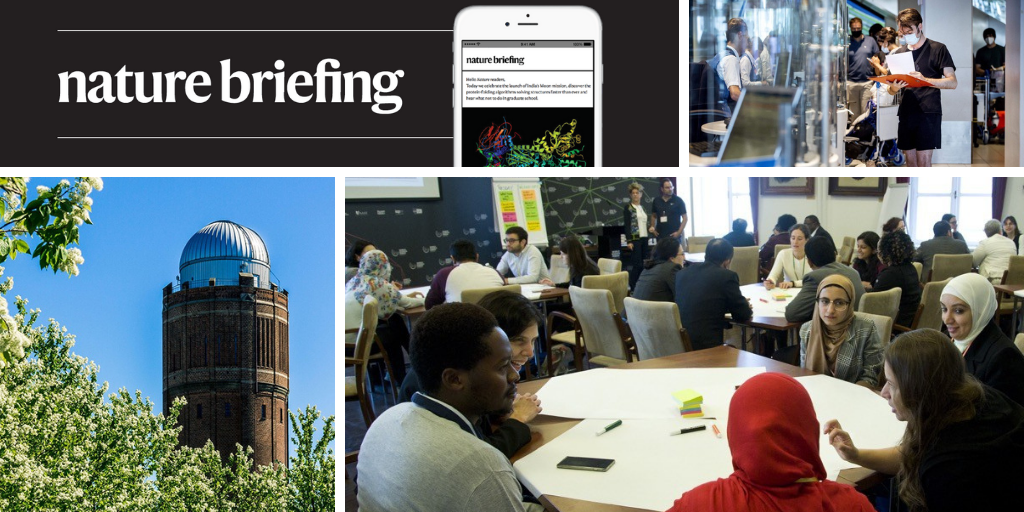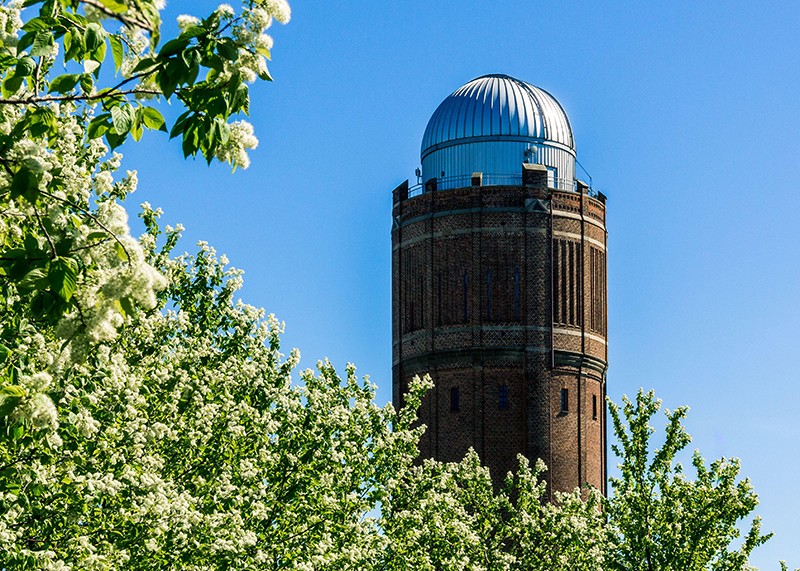Hello Nature readers, would you like to get this Briefing in your inbox free every day? Sign up here
Two astronomers at one of Sweden’s top research institutions, Lund University, have victimized, discriminated against and bullied colleagues, according to two independent investigations commissioned in 2020 by the university. The cases have thrown the institution’s historic astronomy research division, the Lund Observatory, into uproar. The case is unusual because it pits many members of an academic division against two of its most senior professors, alleging long-lasting and widespread harm.
Scientists are cracking open beer bottles that have lain on the sea-floor for centuries in a bid to rediscover long-lost yeasts. Bevvies from the Wallachia, a cargo ship that sank in 1895 off the Scottish coast, are still sealed — forming a time capsule for yeast, maintained by dark, cold and stable conditions. These and other ancient strains could contribute to tastier brews, better bread and bespoke yeast that absorbs pollutants.
Reference: Journals of The Institute of Brewing paper
Features & opinion
Twenty-one years ago this month, Germany became the first country to launch a national Young Academy of early-career researchers, spawning a movement that now straddles 45 countries. Founding members of Hungary’s Young Academy describe how and why they set up theirs in 2019.
From soaring whale song to the crackling, buzzing and whooping sounds of a healthy reef, the depths are far from silent. A podcast series from Hakai focuses on the sounds that scientists are recording under the waves and what we learnt when pandemic lockdowns forced humans to hit pause on noise pollution.
When she was 17, Juliane Diller was the lone survivor of a plane that was struck by lightning. She fell more than 3 kilometres into the dense, cushioning foliage of the Peruvian Amazon and had to hike for 11 days to find help. She went on to become a leading zoologist in Germany and runs Panguana, a research station founded by her parents in Peru. “The jungle caught me and saved me,” says Diller. “I vowed that if I stayed alive, I would devote my life to a meaningful cause that served nature and humanity.”
The New York Times | 12 min read (intermittent paywall)
In yesterday’s Briefing, we pondered evidence-based (and not-so-scientific) cures for hiccups. Lots of you wrote to tell me how you stop the sudden spasms, with ‘drinking from the wrong side of the glass’ the clear winner. The most unpleasant sounding: eating a spoonful of sugar and vinegar.
Reader Avan Antia shared an unusual one that I can vouch for, thanks to a hiccup-hating stranger on a bus. “A friend does this,” writes Antia. “With much drama he extracts a banknote of considerable denomination from his wallet and dangles it enticingly in front of me. If I manage to hiccup just ONE MORE TIME, he promises, the money is mine. With great glee I anticipate the next hiccup, and the shock on his face when he realizes how rash and stupid his promise has been. I wait… and wait…. but the hiccup never comes.”
Of course, this relies on having a friend who carries large amounts of cash (also useful in many other situations, to be fair). Lauren Cullen suggests a cheaper option. “I had the hiccups at work many years ago and one of my colleagues came and asked me, ‘When was the last time you saw a white horse?’” writes Cullen. The resulting bewilderment banished the problem at hand. “I have used this technique to daze, confuse and cure the hiccups of those around me ever since.”
I almost look forward to getting the hiccups so I can test these out. In the meantime, I’ll breathe easier if you let me know what you think of this newsletter. Please send your feedback to [email protected].
Thanks for reading,








More News
Author Correction: Stepwise activation of a metabotropic glutamate receptor – Nature
Changing rainforest to plantations shifts tropical food webs
Streamlined skull helps foxes take a nosedive